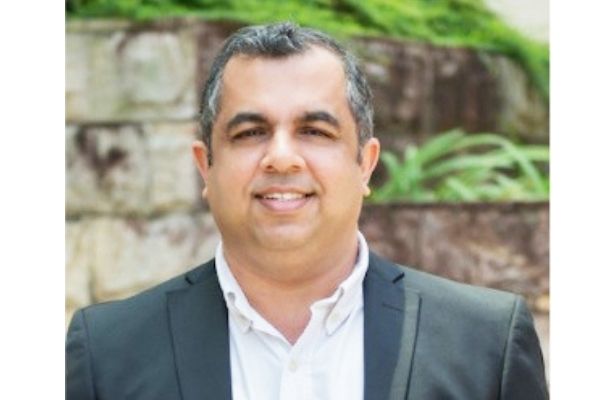
Lately, some companies focused on early skilling of school students have found themselves amidst surging controversies around coding classes for young school children. Suddenly a generation of parents who have gone through an era of regimental routine and coaching classes in their own childhood, are venting out their frustration. They don’t want their children to go through what they have. Why?
It gets back to the fundamental question – what is the purpose of human life? What should be our primary focus during childhood? How should we raise the next generation?
Industrial Revolution Hangover
Machines are created to fit-in, humans are meant to stand-out. The industrial revolution lasted from 1820-1840. However, the hangover continues even today. Countries and organisations continue to be structured in the industrial age format.
A human personality is unique, holistic and multidisciplinary in nature. However, the corporate world is designed to deploy humans in only one functional job, repetitively, just like machines. Barring a handful of nations and individuals who are steering the world’s direction, the rest are merely trying to fit in. Nature created humans as unique individuals and personalities who are meant to stand out.
So, who is trying to fit in all humans in a pre-defined structure? Countries and humans, of course. The earlier you start, the easier to fit them in. No wonder, we have coding and several other early skilling initiatives which help human beings to fit it.
So what is the ideal way to groom a child so that he or she can ‘stand-out’?
Holistic Development of Children
The focus should not be to prepare your child for a job but for holistic development so that the child can express his/her true potential. What does holistic development mean?
It means grooming your child across four dimensions – Physical, Mental, Emotional and Spiritual.
Research at Harvard has indicated that intelligence is not one-dimensional. It is not just about solving math and physics problems or even coding. This intelligence is called logical mathematical intelligence. However, there are other forms of intelligence as well, which Howard Gardner has defined– linguistic intelligence, interpersonal (understanding others – Hitler, Gandhi) intelligence, intrapersonal (understanding self – our Swamis), bodily kinesthetic (Sachin Tendulkar or Virat Kohli), etc.
These various forms of intelligence together help us navigate the real world. They are derived from the real world and are largely about our experiences with the real world. They cannot be really taught. They are innate and manifest when we start interacting with the real world. As Swami Vivekananda rightly mentioned – “Education is the manifestation of perfection already in man.”
Play is the highest form of research – Albert Einstein
Children explore real-world in their own ways through play. They will have their imaginary planes, offices, cars, homes and kitchen. They will even act as parents, teachers and doctors. They pick up new languages from neighbours and explore new habits with their friends. In short, the universe is their lab and they experiment incessantly.
So children are highly perceptive of the real world and learn fast. They don’t actually need schooling.
So what is the role of a teacher or a parent or even a training institute which offers coding, singing, dancing and other such classes?
- First, help the child identify interests by experimentation in the real world
- Second, help the child explore their interest areas by providing real-world scenarios
- Third, start developing skills in their area of interest through teacher/ school intervention
The Finland Schooling System – Getting it done!
How does an ideal schooling system for the child look if at all they need to be schooled?
In Finland, which has been at the frontier of designing a model contemporary schooling system, a child doesn’t even go to school till the age of 7. Learning is driven primarily by a child’s individual needs. Teaching is one of the most sought-after and respected professions in the country because it contributes to building the future of the nation.
In many ways, Finland’s schooling system mirrors the gurukul system of India. For example, they have the same teacher for a student almost upto their teens. Education is socially relevant and aligned to the real world. Learning is individualised and self-directed.
There are fewer teachers and students in Finnish schools. Students in Finland often have the same teacher for up to six years of their education. During this time, the teacher can take on the role of a mentor or even a family member. During those years, mutual trust and bonding are built so that teachers and students know and respect each other.
What kind of schooling system is recommended for India?
Taking cue from the world’s best schooling system (Finland), let us get back to the gurukul system which has proved itself successful for thousands of years and is relevant even in the new technology-led society. Let us get back the culture of the great guru-shishya relationship. Let our classrooms be the centre of learning and research for the real world.
Coding or any such skill-focused development interventions can wait a bit. Such courses are designed to equip a child or youth for a particular job. Let us give the child room to explore and experiment with the real world. Let us first enable every child to acquire life skills that will enable them to manage self, relationships and community better. Job and professional skills can come next for sure.
Also read:
How Emotional Intelligence can help us survive this pandemic
